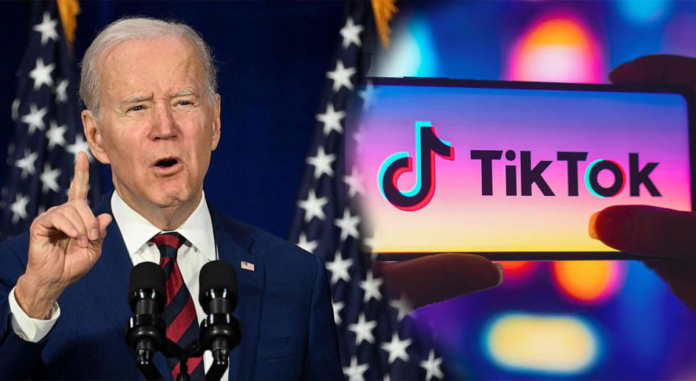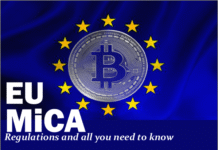TikTok announced Wednesday night that the Biden administration has threatened to ban the app from the United States unless the business’s Chinese owners consent to sell off their portion of the social media network.
The apparent ultimatum issued by the Committee on Foreign Investment in the United States (CFIUS), a US multiagency panel, could be a turning point in the protracted negotiations between government representatives worried about TikTok’s ties to China and a hugely popular social media company with more than 100 million US users.
The Wall Street Journal broke the news of the recent divestiture request on Wednesday; TikTok later told CNN that CFIUS had contacted the company and that it did not dispute the Journal’s claim. However, TikTok refused to go into detail about the request’s contents, including when it was made, by the US government.
Divestment “doesn’t fix the problem if defending national security is the objective,” according to a statement from Maureen Shanahan, a representative for TikTok. “Data flows and access would not be subject to any new limitations as a result of a change in ownership. The transparent, US-based protection of US user data and systems, along with effective third-party monitoring, screening, and verification, are the greatest ways to address concerns about national security and are already something we are doing.
For more than two years, TikTok has been attempting to come to an agreement with CFIUS, a group made up of the Departments of Treasury, Justice, Homeland Security, Defense, and Commerce, among others, that would allow the app to continue to be sold in the US market despite security and privacy concerns. US government officials have expressed concern that the Chinese government may use its national security laws to pressure TikTok or its Chinese parent company ByteDance into disclosing the personal information of TikTok’s US users, which could then be used for Chinese influence operations or intelligence gathering.
CFIUS’s chair, the Treasury Department, declined to comment.
Due to the protracted and unsuccessful negotiations with TikTok, some US senators who have worked to draft legislation prohibiting the app have attacked the Biden administration.
Following the lead of several state governments, President Joe Biden signed legislation late last year that forbade the use of TikTok on computers used by the US government. Since then, similar policies have been imposed by the European Union and Canada, demonstrating a rising suspicion of TikTok among western governments. No country has imposed a more thorough restriction that expressly targets TikTok on personal devices, and there hasn’t been any evidence to date that the Chinese government has accessed user data on TikTok.
With voluntary technological and administrative precautions that it claims will assist ensure American user data may only be accessible by US personnel, TikTok has tried to allay the fears of politicians. Personal data storage with Oracle, a major US cloud provider, is a component of that project, which the firm refers to as Project Texas. This month, TikTok introduced Project Clover, a similar campaign, across Europe.
It hasn’t deterred TikTok’s detractors in the US. In addition to the limits aimed at US government devices, some US senators have attempted to enhance Biden’s ability to impose a nationwide ban on TikTok. The plan was promptly embraced by the White House. Next week, when TikTok CEO Shou Chew is anticipated to face a grilling before the House Energy and Commerce Committee, the fire is likely to increase.
According to Harry Broadman, a former CFIUS official, Wednesday’s announcement signals a shift has taken place in the traditionally secretive CFIUS discussions, albeit the precise nature of the movement is still unknown.
The call for divestiture may be the end of the conversation, but it’s equally likely that the divestiture is a part of what CFIUS wants to protect national security, according to Broadman. “It’s really difficult to tell where the discussions are at CFIUS unless I’m in the room, and frankly, what’s spoken publicly does not always correspond with what’s happening at the table.”




















